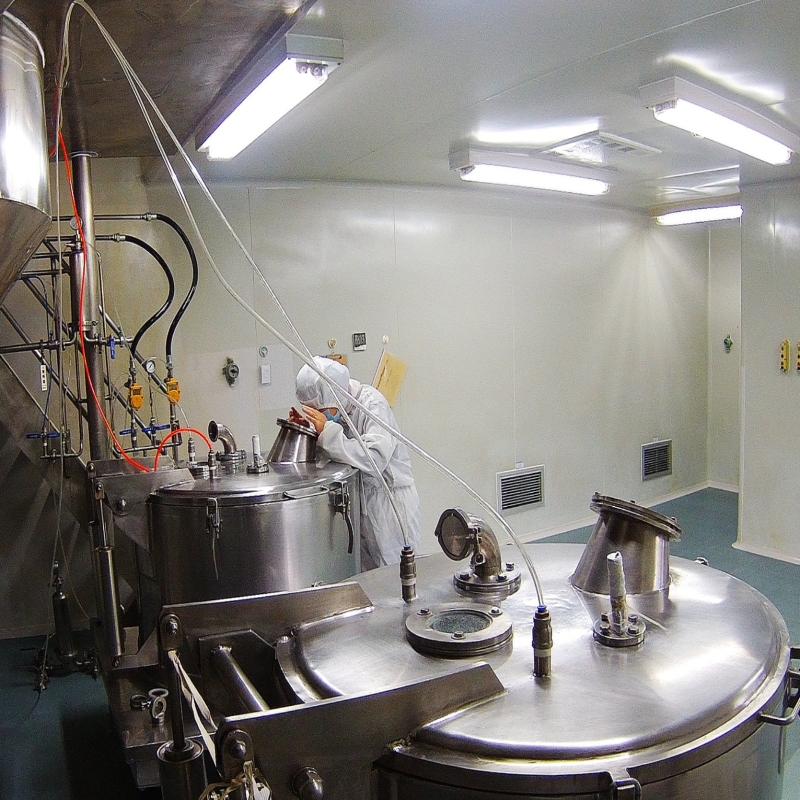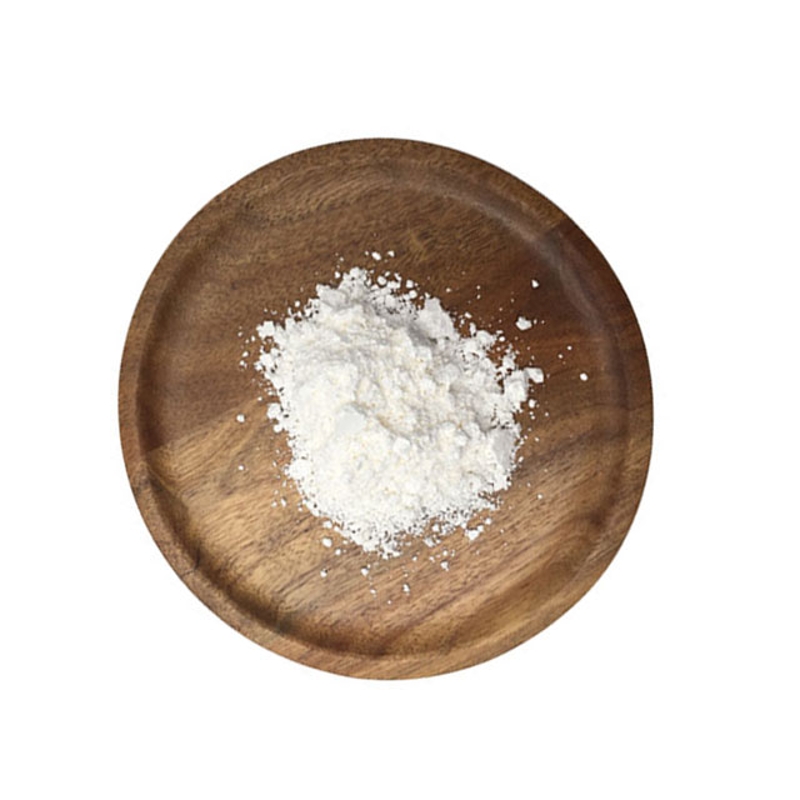-
Categories
-
Pharmaceutical Intermediates
-
Active Pharmaceutical Ingredients
-
Food Additives
- Industrial Coatings
- Agrochemicals
- Dyes and Pigments
- Surfactant
- Flavors and Fragrances
- Chemical Reagents
- Catalyst and Auxiliary
- Natural Products
- Inorganic Chemistry
-
Organic Chemistry
-
Biochemical Engineering
- Analytical Chemistry
- Cosmetic Ingredient
-
Pharmaceutical Intermediates
Promotion
ECHEMI Mall
Wholesale
Weekly Price
Exhibition
News
-
Trade Service
Introduction: As a "drug legend", Metformin is not only a first-line treatment of type 2 diabetes and the entire drug, but also has anti-inflammatory, anti-cancer, anti-aging, weight loss and other effects, but different people's reactions to this drug there are individual differences.
, scientists recently discovered that metformin is actually present in the intestines.
It is well known that the interaction between intestinal microbiomes and drugs affects the efficacy of the drug or causes adverse reactions, leading to individual differential reactions to the drug, as the intestinal microbiome can alter the drug response or even the signaling pathway of the drug by producing bioactive metabolites that can be absorbed by the body or entered the circulation and surrounding tissues.
, researchers have found that a metabolite of gut microbes, propylene acid, inhibits the blood sugar-lowering effects of metformin and reveals its mechanisms.
The study, published August 11 in the journal Cell Metabolism, was entitled "Microbial ImidaZo Propleionate Affectives to Metformin through p38-Dependentory AMPK Phosylation" and found higher concentrations of the microbial metabolite propylene in patients with type 2 diabetes who took metformin and had poor results.
they also found that no drop in blood sugar was observed in the pretreatment mice of propylene acid under metformin treatment.
addition, the researchers demonstrated that propylene acid inhibits AMPK activity by inducing inhibition of AMPK phosphorylation, which relies on the activation of the underlying Act, which is induced by miculate.
the researchers also determined that p38, which is activated by p38, is a new Akt kinase, and demonstrated that the activity of p38 gamma kinase mediates the inhibition of p38 gamma to metformin.
To study whether propylene acetate may be relevant to clinical outcomes of metformin therapy, the researchers first looked at whether circulating levels of pythyl acetate in patients with type 2 diabetes who took metformin vary depending on blood sugar levels.
results found that the average level of propylene acid was higher in patients treated with metformin but still had high blood sugar.
the poor blood sugar control of metformin, the researchers tested the effect of pythylate on the metabolism of glucose in mice treated with metformin in order to determine whether the effect of metformin decreased under the presence of metformin.
A single injection of propylene acid in mice fed on crude feed increased the level of on-anthromycin (p s 0.06) and reversed the expected decrease in metformin-induced on-anthromymic blood sugar levels.
study found that in the absence of metformin, acute treatment of propylene acid was sufficient to weaken glucose tolerance in wild mice on a daily diet.
studies have also shown that metformin promotes increased insulin levels induced by glucose in mice on a low-fat diet;
therefore, the effect of propylene acetate on metformin is not mediated by the effect of insulin secretion.
to shed light on the potential molecular mechanisms by which metformin affects metformin response, the researchers tested whether pyridine altered the AMPK signaling path.
results were consistent with the hypothesis, and the researchers found that phosphorylation of AMPK active site T172 was inhibited in the liver tissue induced by metformin within 1 h of a single dose of propylene acid in mice.
Further studies have found that acetate inhibits phosphorylation of AMPK serine, thereby inhibiting the phosphorylation of the active amPK active spot induced by metformin, and found that p38 gamma activated by p38 is a direct kinase of Act, while blocking p38 p38 p38, which activates p38, can restore the effect of metformin on metformin on PKAM.
, the study also determined that a drug, pyridoxine, can reverse the inhibitory effect of pyridoxine on metformin in the body.
is a relatively non-toxic drug that can be used to treat anticiotic pulmonary fibrosis.
, the study showed that the microbial metabolite propylene acid can reduce the efficacy of metformin by interacting with amPK, the signaling pathway of metformin.
and p38 gamma inhibitors, pyridoxone can reduce amPK phosphorylation inhibition induced by propylene acetate.
this study provides a mechanism understanding of how the microbiome or its metabolites affect drug response, and provides reference for the relevant research on regulating individualized drug response.
.







